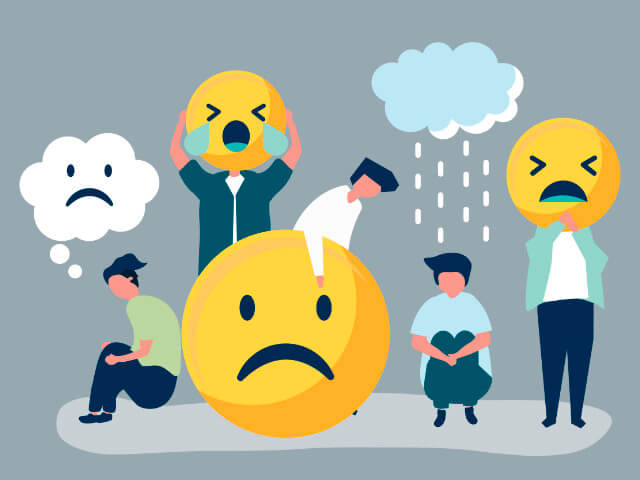Do you think that we need to reach net zero emissions sooner than 2050?
The sooner we can reach net zero emissions the better it will be. Net zero means that the amount of greenhouse gases going into the atmosphere are no greater than the amount being absorbed out of the atmosphere.
The term 'net zero' is important because it means we will no longer be contributing to increased global warming.
We have already seen a global temperature rise of over 1°C and we are experiencing the consequences of that increase already. The terrible bushfires of 2019-2020 and the three years of back to back coral bleaching on the Great Barrier Reef show us that our climate system is highly sensitive to even small changes in temperature. So, we cannot be sure that achieving net zero by 2050 will avoid exceeding the 2°C limit and 1.5°C target that we set ourselves in the Paris Agreement or that limiting warming to 1.5°C or 2°C will avoid serious harm.
The longer we wait, the higher the chance of failure. Most scenarios associated with the 2050 target only offer a 50 or 66 per cent chance of staying below the temperature limit. That isn’t very reassuring, and we should be doing all we can to increase our chances of success by bringing forward our decarbonisation commitments. Earlier action to arrest and reverse emissions trajectories will be much better than waiting until the last minute and possibly having a situation where temperatures overshoot the 2°C limit.
Finally, making the transition now will save us money in the long term. New energy and business opportunities will open up if we embrace decarbonisation now and we can avoid some (but not all) of the droughts, bushfires and heatwaves that cause so much economic loss, environmental damage and human suffering.











